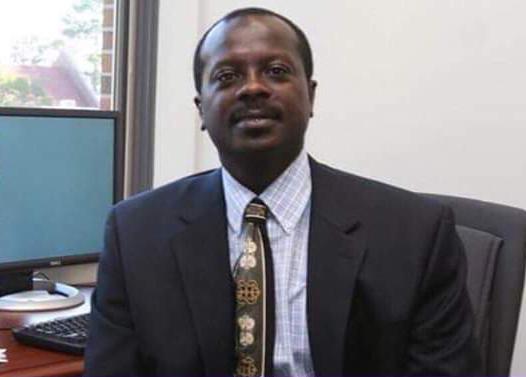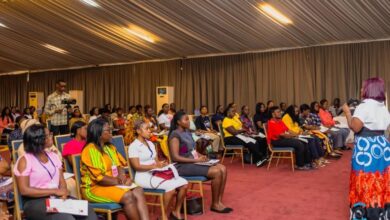Stop shielding wrongdoing with behind-the-scenes pleas – Prof Kwaku Asare

Private legal practitioner and governance advocate, Professor Kwaku Asare, has expressed deep concern over what he describes as a pervasive culture of “behind-the-scenes begging” that undermines efforts to hold wrongdoers accountable in Ghana.
In a strongly worded Facebook post, Prof Asare, also known as “Kwaku Azar,” lamented that whenever law enforcement initiates prosecution—particularly in cases involving public officials, politically connected individuals, or other influential figures—a familiar and troubling pattern emerges.
“Chiefs arrive, clergy intervene, party elders plead. All in a bid to derail lawful proceedings. All behind closed doors,” he noted.
He emphasized that such interference is not a form of cultural mediation, but rather a deliberate obstruction of justice that sustains impunity and weakens the rule of law.
“Let us be clear: this is not mediation—it is obstruction. It is not a cultural virtue—it is a democratic vice. And it must stop,” he wrote.
Prof Asare is calling for the enactment of legislation that criminalizes any form of interference in ongoing prosecutions—whether through direct lobbying, indirect pressure, or interventions disguised as cultural or religious diplomacy.
“Justice is not a family matter. It is not a palace negotiation. It is not a prayer request. It is a constitutional imperative,” he stated. “If we want to end corruption, we must also end the culture that shields it. No more begging. Let justice work. Or let the begging be punished.”
His remarks come at a time when some senior members of the New Patriotic Party (NPP) are reportedly planning a formal visit to President John Dramani Mahama to apologize on behalf of the party’s Ashanti Regional Chairman, Bernard Antwi Boasiako, popularly known as Chairman Wontumi.
The intended move was disclosed by Dr Nana Ayew Afriyie, Ranking Member on Parliament’s Health Committee, during an interview on Channel One TV on Tuesday, June 10.
Prof Asare’s intervention adds to growing calls for a more independent and unyielding judicial process, free from partisan, traditional, or religious interference.





